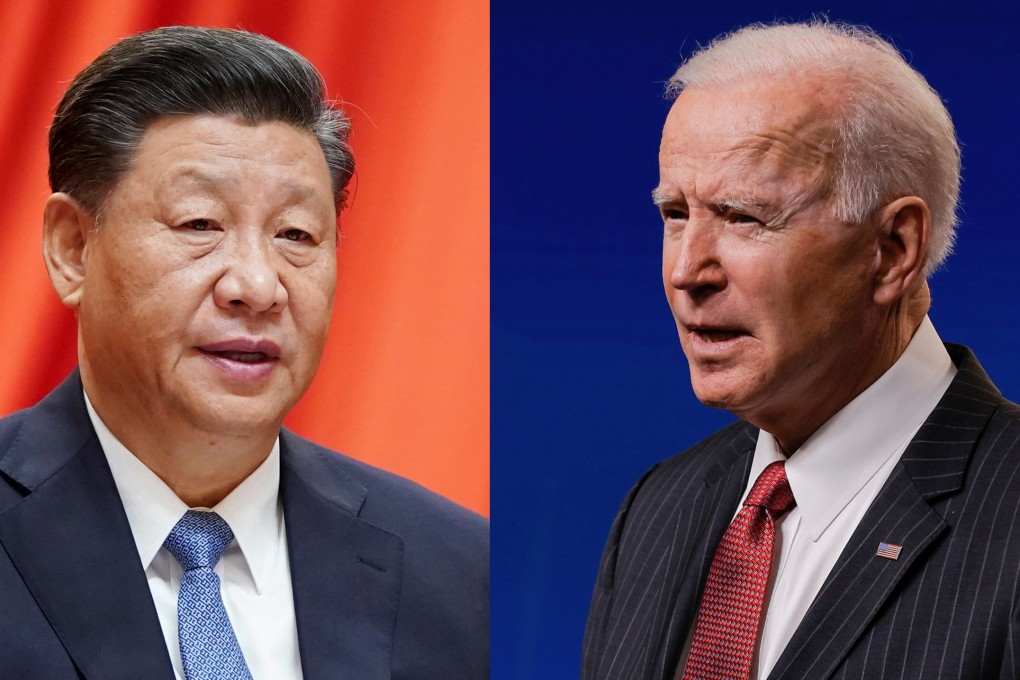China-US relations: Xi knows there will be ‘repercussions’ for human rights violations, Biden says
- Biden says he told China’s president the US would speak up against abuses and crackdowns that contravened American values
- Secretary of state deems US in a stronger position against China when it works with allies and leads from the front rather than using Trump tactics

“We must speak up for human rights. It’s who we are,” Biden said.
“There will be repercussions for China, and [Xi] knows that,” he said, without giving details. “China is trying very hard to become the world leader and to get that moniker, and to be able to do that, they have to gain the confidence of other countries. And as long as they’re engaged in activity that is contrary to basic human rights, it’s going to be hard for them to do that.”
Analysts say Biden signalled before entering the White House that human rights issues would be a priority in US foreign policy, particularly as former president Donald Trump was criticised for his remarks, including initially describing the Hong Kong protests as “riots” and for reportedly privately endorsing Beijing’s mass internment camps in Xinjiang.